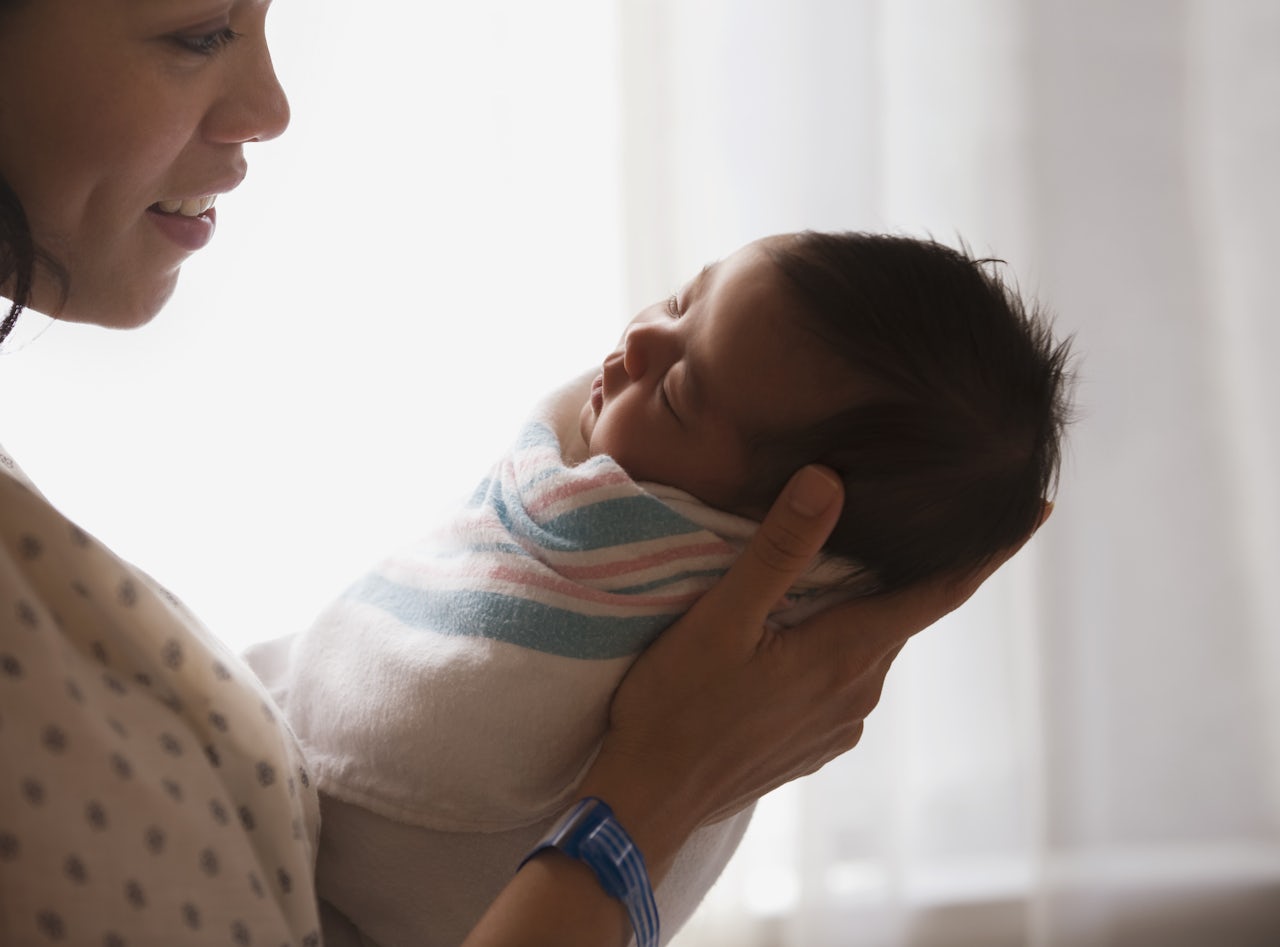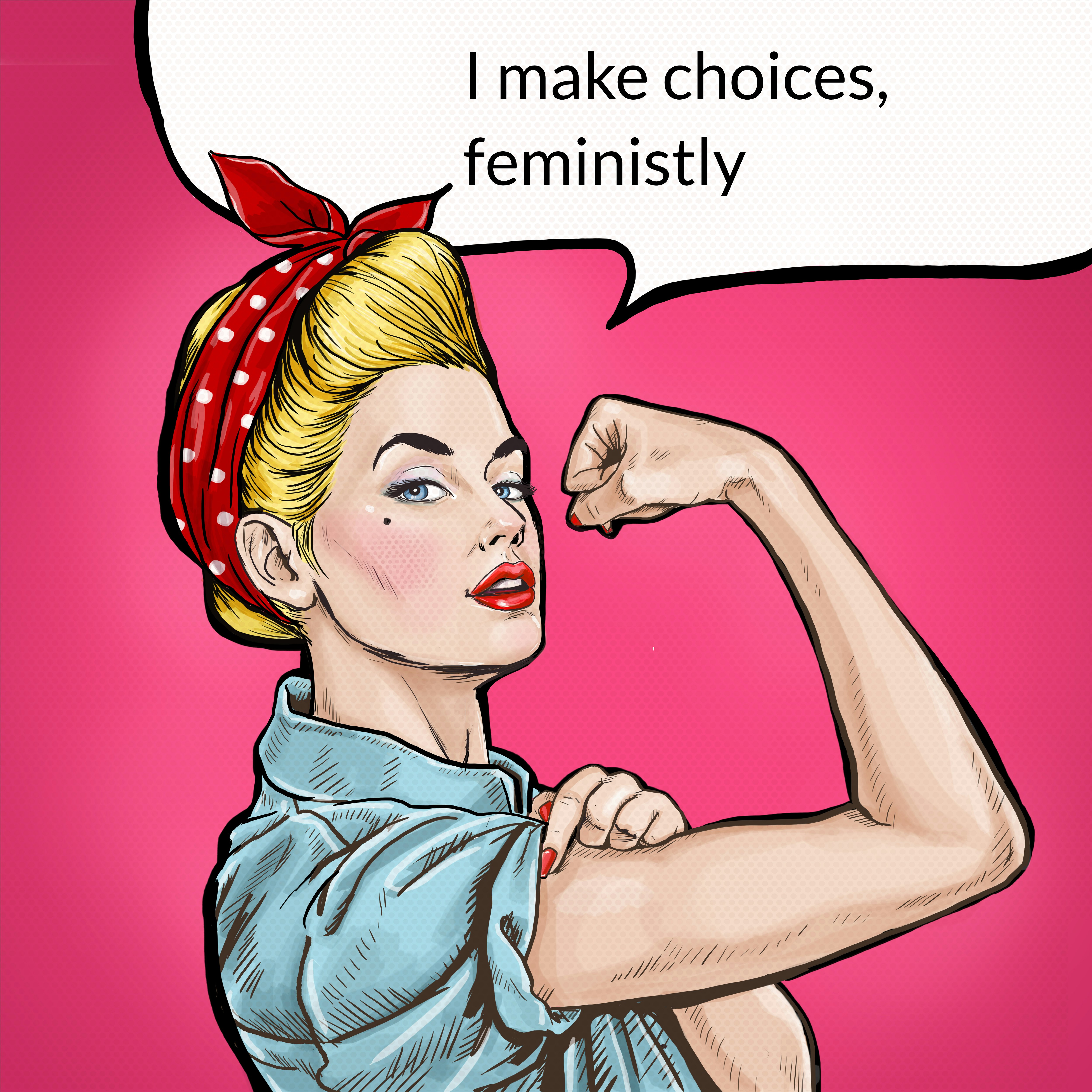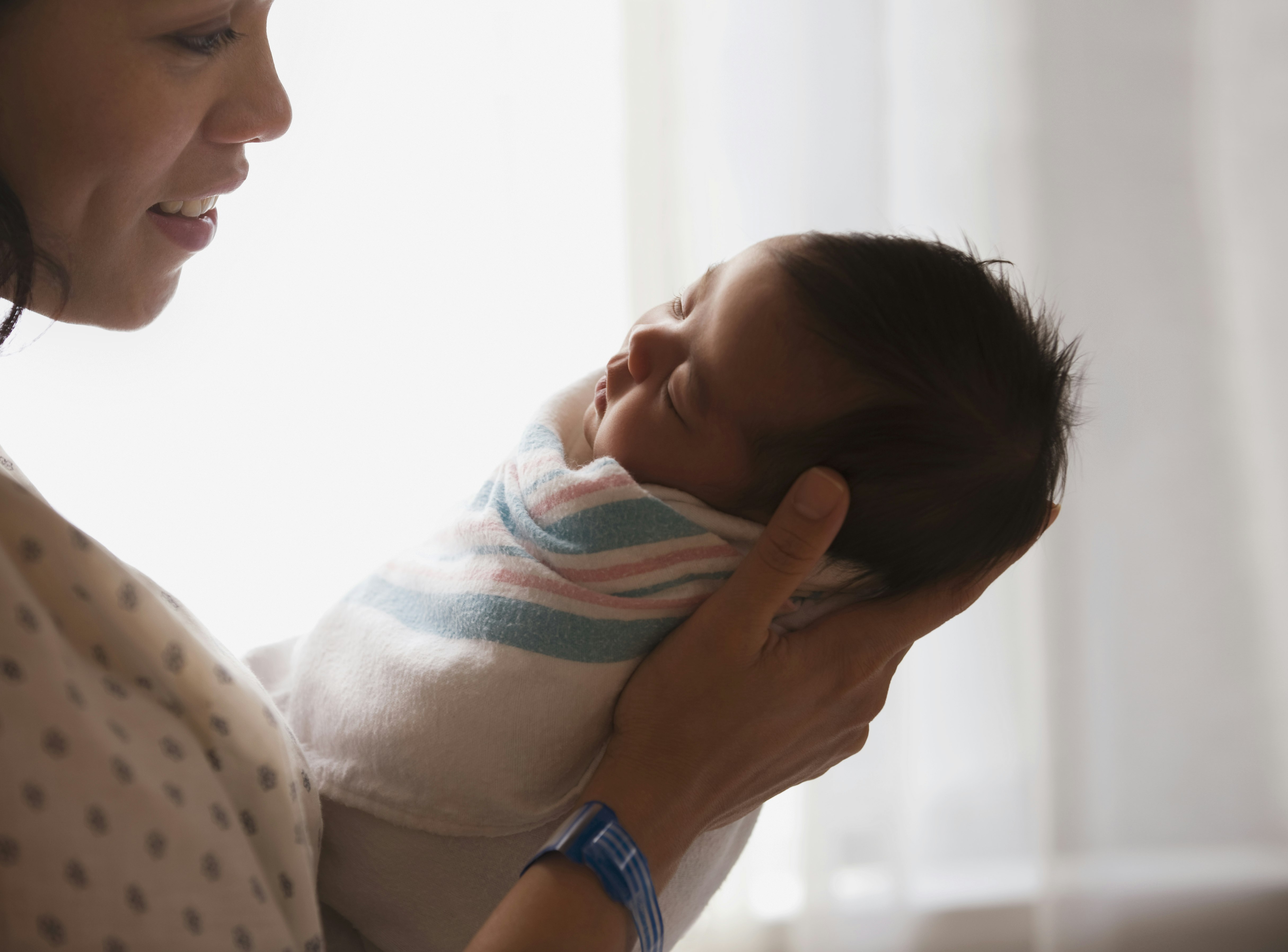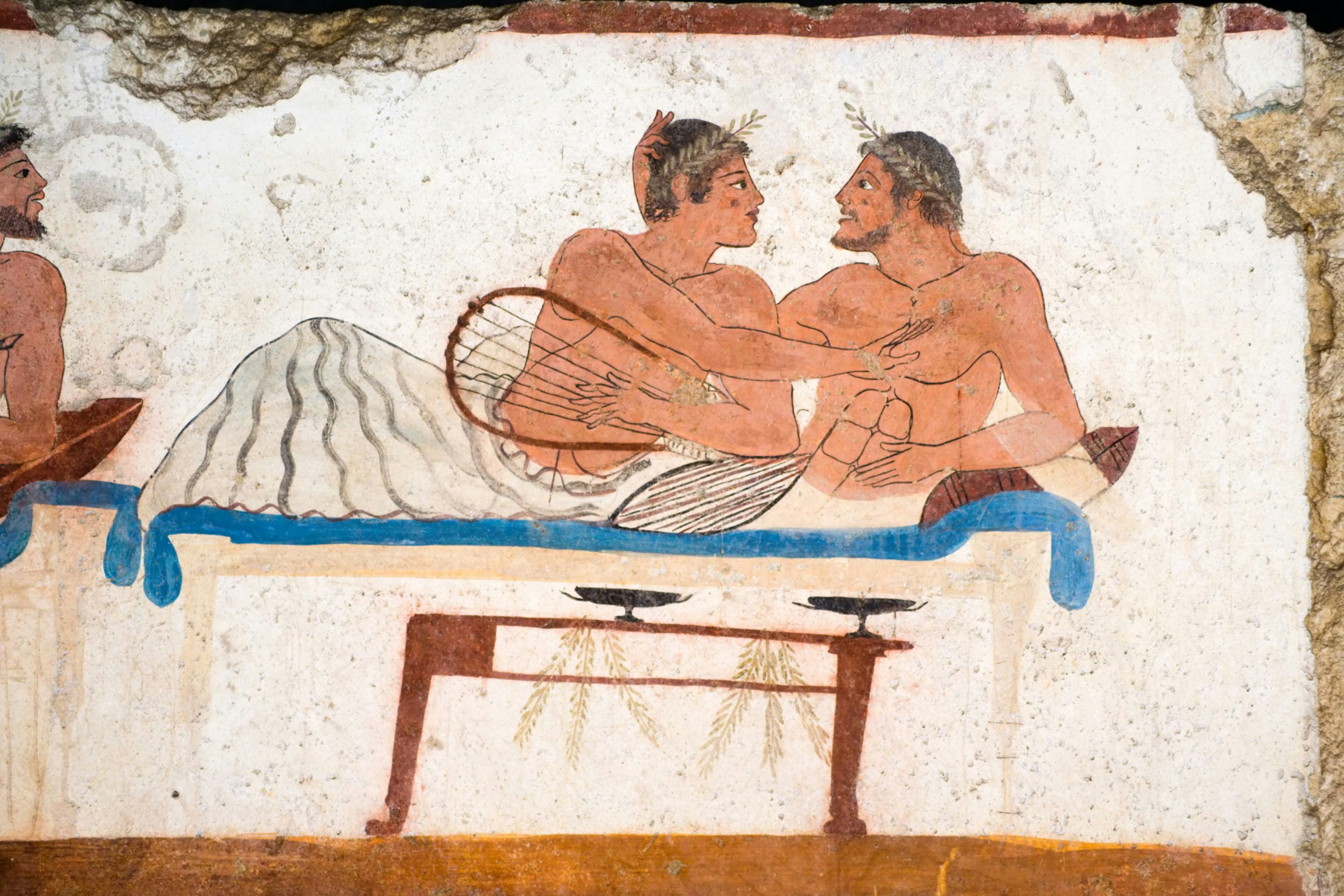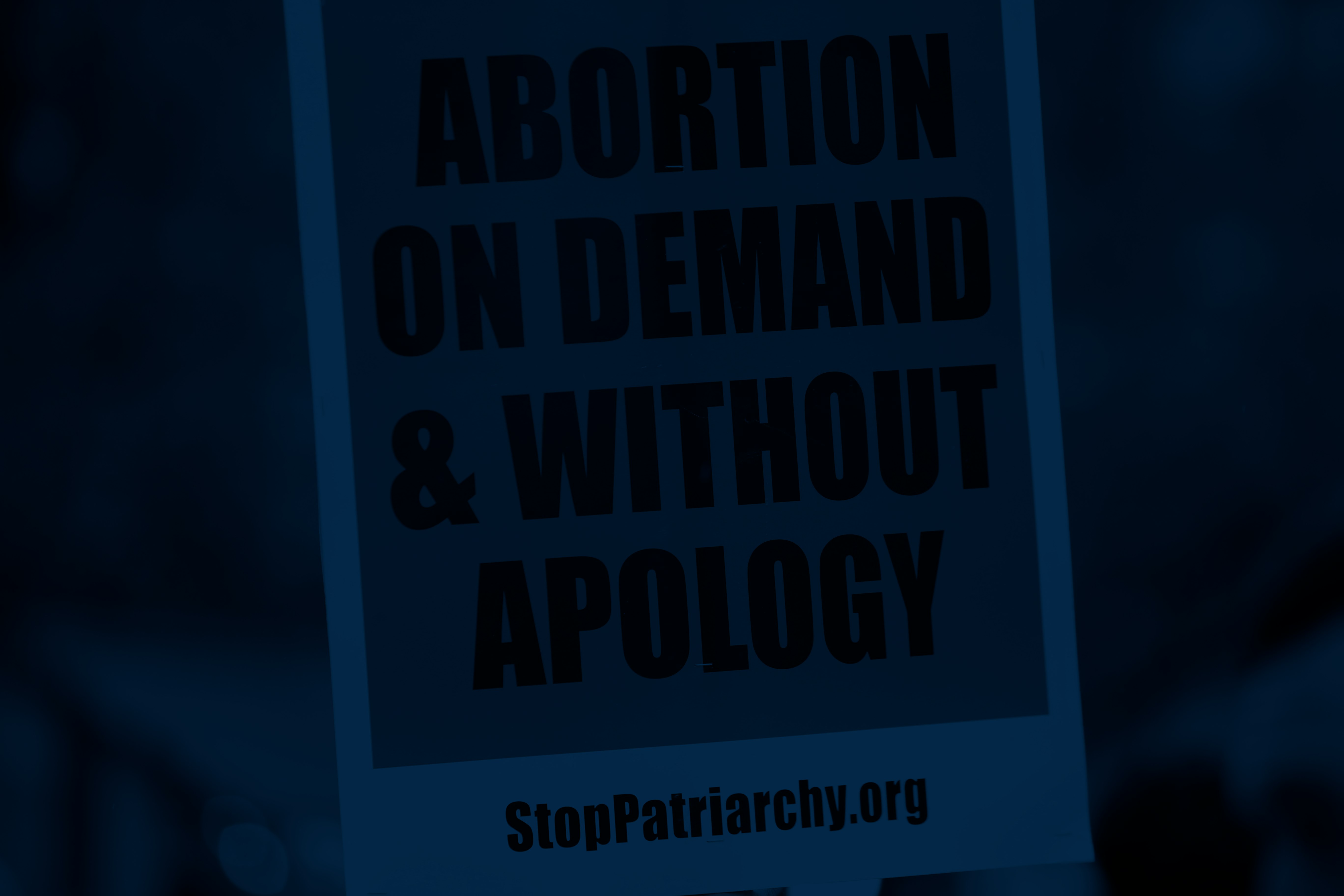When a woman is pregnant, she’s led to believe that the moment of birth contains an emotional and physiological reward: after the contractions, the “ring of fire,” the breathing and pushing, when her baby finally emerges, she will experience a transcendent moment of pure love. According to natural-birth websites and much popular wisdom, a “cocktail” of hormones inebriates the new mother with indescribable joy and adoration for her child. “In that moment, it’s all worth it,” we’re told. “You never knew you could love anything this much.” Sounds lovely. Unfortunately, for many mothers, it’s not true. The good news is, that doesn’t matter.
Pregnant women are sold a bill of goods with regards to the happiness and satisfaction they’ll feel when their baby arrives. This sets up new parents for frustration and shame when they discover that a screaming baby won’t eat love; that it doesn’t develop a strong bond with its parents until around eight months; that baby-care is hard as hell.
Here’s the truth, as I’ve discovered it after two births of my own: You don’t take care of your kids because you love them. You love them because you take care of them. I’m one of those women who missed out on the happy hormones. When both my children were born, pressing questions dampered my emotions: “Is she breathing, or have I fucked this up?”; “When can I have a sandwich?” I remember lying in the hospital bed, gazing at my son with a profound sense of “Soooo, who’s this guy?”
To be sure, some new moms do get the love rush. For them, it’s not a myth, and their memories of birth and its aftermath are indeed joyful to recall. But as Katharine Owocki, a Colorado labor and delivery nurse told me, it’s “a real thing that happens…[but] it’s the exception, not the rule.” She added this reality “is not talked about.”
That the birth-love myth persists is an outgrowth of a common misconception about love and bonding. The common understanding of parenting love is: you love your baby because it’s yours, and you nurture and protect them because of that love. You do it all for love, because nothing else could sustain you through the sleeplessness and frustration and diaper changes. This bond is understood to be largely biological, resulting as it does from pregnancy and hormones, as well as, we can assume, from the recognition that one’s offspring share our DNA. According to WebMD, that bond “sends parents rushing into their newborn’s room in the middle of the night at the slightest whimper” and makes them “want to instinctively care for and nurture their child.” Instinctively.
What does instinct have to do with it? There’s a person in the other room who needs your help, and you’re the only one around. Of course you’re going to go in there, you non-psychopath.
Rather, holding and feeding your baby in the middle of the night is the bonding process. A lot of childcare is purely mechanical, and that’s fine. It might be better in some cases than thinking about it, because if you thought about it, you might reason yourself out of it. Getting this backwards — assuming that the bond compels the care, and not that the care brings the bond — sets up new parents for more frustration and insecurity than necessary, and parenting is already a matter of constantly feeling like a failure.
Assuming that the bond compels the care, and not that the care brings the bond, sets up new parents for more frustration and insecurity than necessary.
Postpartum joy is also dangled before pregnant women by the natural birth community as an enticement to forgo what they deem medically-unnecessary interventions. In the popular 2008 documentary The Business of Being Born, in which Ricki Lake tries to convince us to have babies in our living rooms (hard decline, thanks), a French obstetrician and home birth advocate claims that monkeys who undergo c-sections, deprived of “natural morphine endorphins,” are “not interested” in their babies. According to Dr. Michel Odent, ��With mammals in general, there is immediately after birth, a short period of time which will never happen again and which is critical in mother-baby attachment… but today, most women have babies without releasing this flow of love hormones.” Epidurals, painkillers, and surgery, in his view, threaten “the future of humanity,” for “if most women have babies without releasing this cocktail of love hormones, can we survive without love?"
Yeah, even by French guy standards this dude sucks, and none of that makes any sense. If the parent-child bond hinged on postpartum hormones, then how do you explain the bond between adoptive parents and their children? That bond is, make no mistake, just as strong as the bond between biological family. This reasoning also excludes fathers, who don’t grow or birth babies but somehow manage to love them just as much as their mothers do. Indeed, all this birth-love propaganda puts quite a bit of pressure on mothers to be the primary sources of familial love. Like so much of evolutionary psychology, it conveniently reinforces the emotional power structures we have in place.
The myth is also a bit of anti-choice rhetoric, found on “right to life” Twitter and blogs and, I’m sure, in crisis pregnancy centers. Here, a pregnant woman considering abortion is told that whatever fear and discomfort she experiences in the next few months will fall away as discarded memory when she sees the face of her very own baby. Presenting this as a goal to compel a woman to continue a pregnancy is as disingenuous and pernicious as the lie gets.
Paradoxically, though, the myth’s persistence is also the result of increased reproductive control. Many people, especially those on the left, now assume that every pregnancy is wanted and desired. Because women can legally terminate, carrying a pregnancy to term must indicate a powerful, conscious desire for a child. So she loses the right to complain, to critique, to ask for more, and to not enjoy the process. After all, as I was told by one well-meaning family member when I complained of first trimester nausea, “you asked for it!” But pregnancy and birth and infant care are difficult no matter how much you wanted them. The most beautiful birth won’t propel you through the first groggy months when your newly reclaimed belly feels like a water balloon half-filled with pudding and your baby’s neck can’t support her head.
What you get is uglier and richer. It’s the product of hidden work that nobody will know about because it’s unique to you: the way you fold a footie sleeper, the scaly feel of cradle cap on your fingers, your practiced late-night patience. You take care of them because you have to, and that work creates the love. The love coalesces around your efforts; with each stroke of the washcloth and change of a soiled onesie, you work your love into being. You and your baby build it together.
